Coaching for Yonsei
Intergenerational trauma healing
for Yonsei descendants of Nikkei WWII incarceration
Lineage. Leadership. Liberation. Legacy.
Dear fellow Yonsei,
Even though we weren’t the ones who were forcibly displaced and incarcerated during WWII… AND even though we are the generation that has more rights and resources to help us succeed in ways our grandparents and parents couldn’t…
Why is it that we still sense the echoes of shame, helplessness and resentment? The unsettled feeling that we haven’t been able to shake or put words to and don’t know why.
So many of our families never talked about what happened for survival reasons, saving face, not knowing how to, wanting to protect us or “gaman” (persevering through adversity). Even if it’s unspoken, this collective trauma has been passed down to us. And if we don’t deal with it it’ll keep getting passed on to the next generations.
While there are, thankfully, a lot more resources and support these days for children of immigrants, there isn’t as much that addresses our specific needs as 4th generation Nikkei whose families were incarcerated and have been assimilating over generations.
I know what it’s like to feel lost searching in the dark for answers. I know what it’s like to feel like an imposter, disconnected and not Japanese “enough.” I know what it’s like to feel like you’re not sure how to make a difference when history is repeating itself. I don’t want you to feel alone in your personal quest for self-acceptance, clarity and understanding. I’d love to support you on your journey of trauma healing and legacy building!
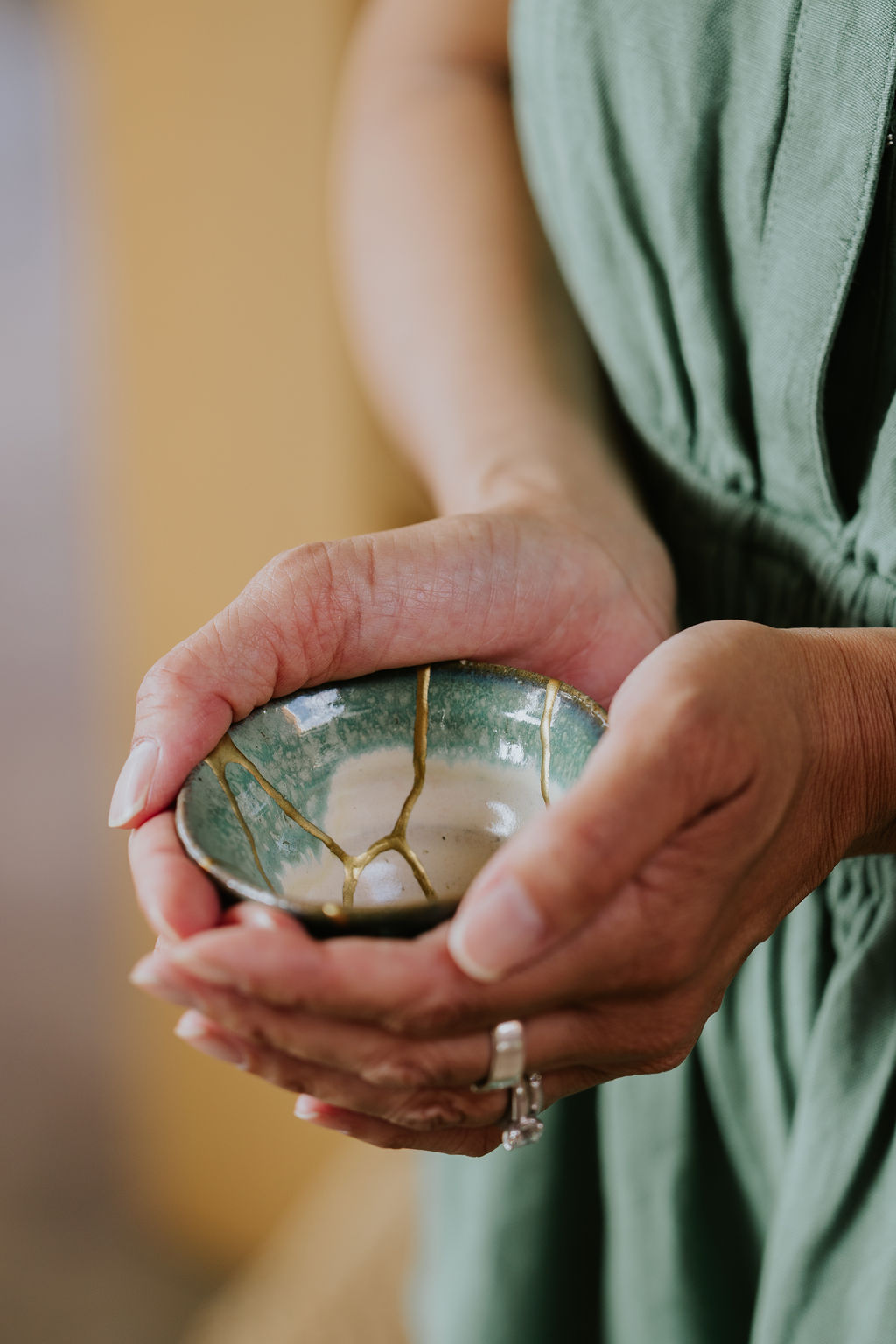
Coaching for Yonsei
Join me for personalized, individual trauma-informed coaching for Yonsei descendants of WWII concentration camp survivors.
Break the generational cycle of shame and silence and reclaim your identity, lineage and culture. Enjoy more clarity, confidence and alignment in your personal and professional life.
You’ll learn practices and tools to stay as centered and resourced as possible in the fight against ongoing oppression and you’ll build on the strength and resilience of your ancestors as you make an intentional positive difference in your communities.
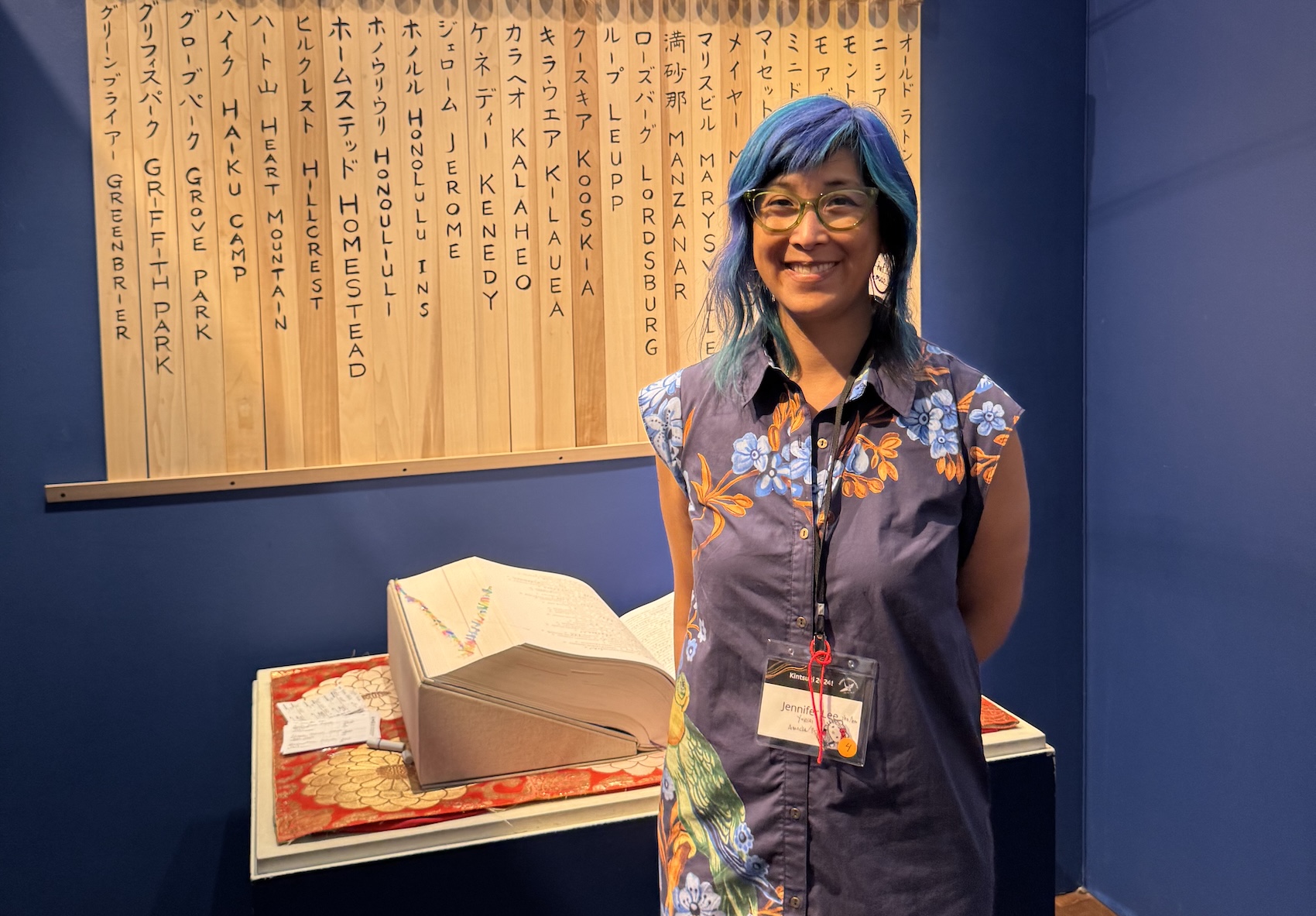
Do you resonate with any of the following?
1:1 Coaching for Yonsei is for you if you relate to any of the following:
Your family never or very rarely talked about what happened but somehow you still feel the reverberations in your own nervous system and life.
You wish you knew more about your family, their history and how the incarceration affected them, but you’re not sure how to broach the subject or what to ask.
You’re curious about going on a memorial pilgrimage and/or researching your family’s incarceration but you feel overwhelmed, intimidated or don’t know where to start. Plus, you want a safe, supportive space to process and integrate your experience and learnings.
You’re tired of staying silent and keeping your head down but are not sure how to use your voice because it wasn’t modeled for you in your family or community.
You feel triggered or re-traumatized by the deportations of immigrants, racial targeting and other atrocities happening right now and need support to regulate your nervous system and emotions.
You don’t consider yourself an activist but you want to do something to make sure what happened to our families doesn’t happen to others again.
You’re already doing work in the community but you feel burnt out and under resourced and would like to learn ways to build your capacity.
You feel like you should be grateful for the opportunities you’ve been given and the outward success you have but you’re yearning to feel more fulfilled and to make a difference without feeling guilty about going against familial or cultural expectations.
You feel disconnected from your culture or lineages (due to the government forcing your ancestors to leave behind/ hide/destroy anything Japanese and/or due to assimilation or internalized racism) and you long to reconnect to your roots in respectful and meaningful ways.
You know all the things you “should” be doing on your healing journey, but somehow you’re stuck, resisting or second-guessing and you know you’d benefit from having an attuned ally, experienced coach and fellow traveler to help keep you going, especially when things get more challenging.
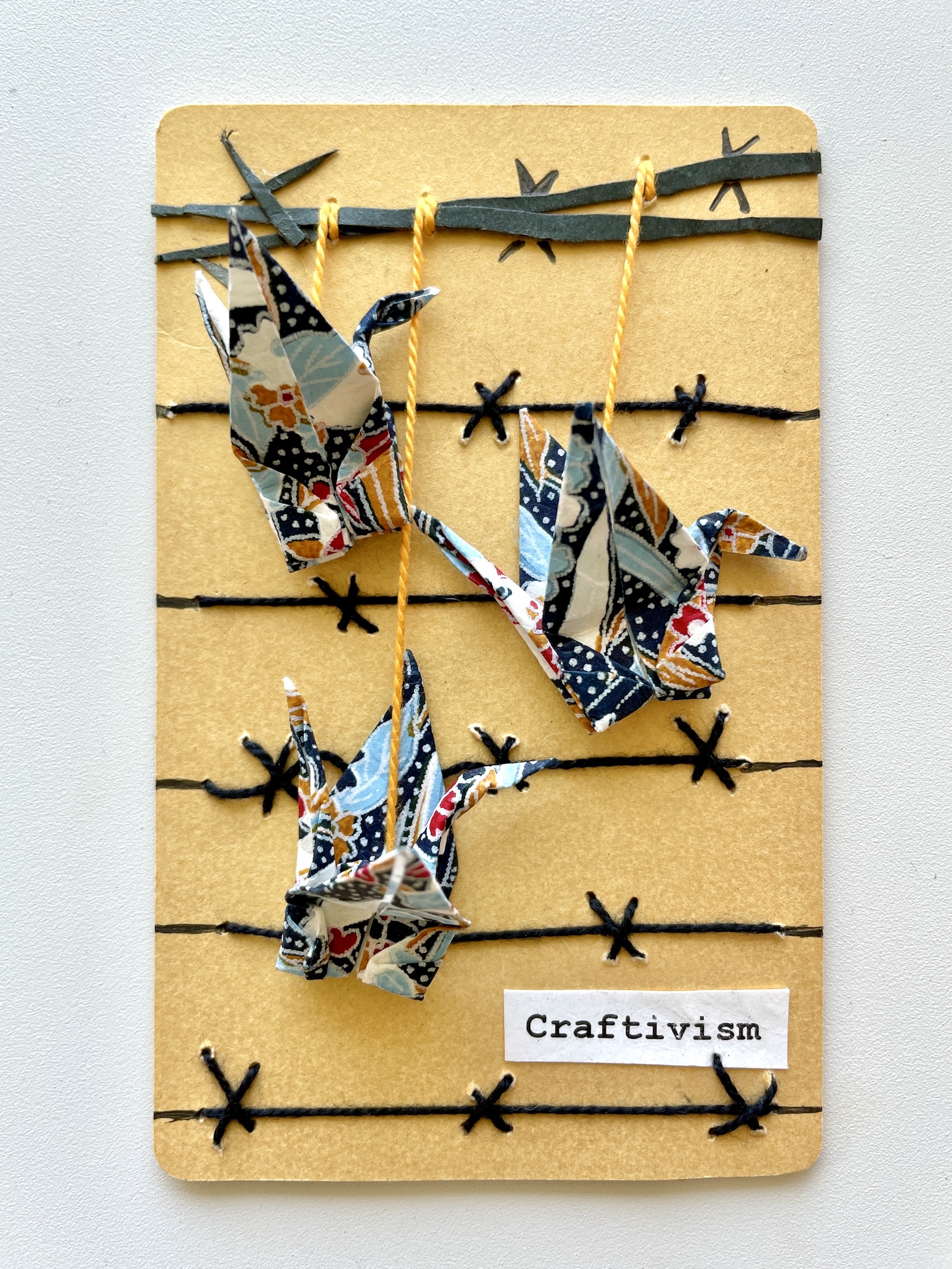
What’s included in this program
Even though we’re virtual, you’d be surprised at how well the relational field translates online for this deep and connecting work.
We’ll start with assessing where you’re at on your Yonsei/Nikkei identity journey and co-creating a plan to focus on what’s most important to you on your path. My job as your coach is to support you in finding clarity and to help you move forward.
You’ll learn about how to support your nervous system through simple and accessible practices to keep you more centered, present and grounded.
I’ll provide you with resources, tools and guidance with a special eye toward the Nikkei/Yonsei experience.
I’m available via email or private messaging for support and encouragement, to answer questions or for you to check-in with me on things you may have committed to on our call such as a practice to work with, a journaling inquiry or an action to take toward your goals.
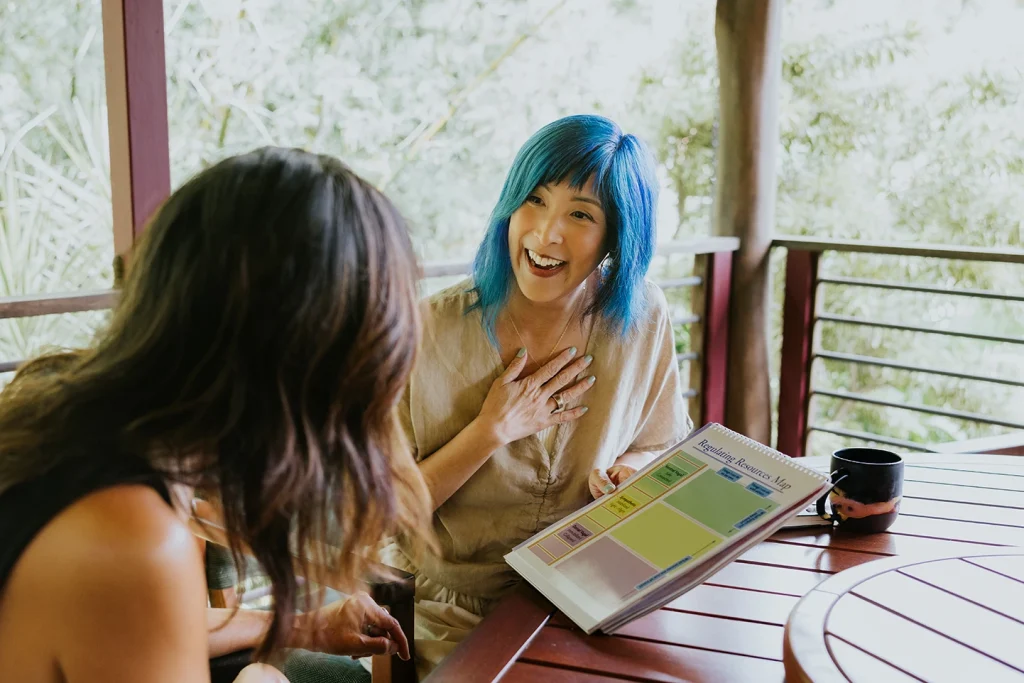

Based on your goals and needs, you’ll learn and receive…
Trauma Healing
Resources to help you learn about the incarceration (and its impacts on you and your family), racial trauma, intergenerational trauma and attachment trauma so you can make sense of the ways you and your family have been coping all of these years.
Somatic tools and practices to work with and tend to the trauma in your tissues and nervous system. How to complete the thwarted trauma responses to (a legacy of) an inescapable attack and moral injury.
Skills to communicate authentically, navigate conflict and repair ruptures, set and maintain boundaries and tend to your needs within a collectivist cultural context.
Japanese Identity/Lineage/Community Reclamation
Emotional support and tactical guidance around attending memorial pilgrimages. What you can prepare for, how to make the most of the event and processing/integrating the experience.
Resources and guidance around researching your family’s history, asking questions, accessing WRA case files and creating a healing narrative that honors what your ancestors went through.
Support with discovering and cultivating Nikkei joy and resilience so you can sustain yourself in these times and to enjoy and celebrate your culture and community with pride in ways that are meaningful to you.
Social Location Exploration
How the model minority myth was used to pit us against Black and brown communities and uphold white supremacy and how model minority conditioning may have shaped the choices you’ve made and actions you’ve taken/not taken.
Ways to compassionately address internalized racism, white adjacency and privilege so you can be in right relationship with yourself and with other communities of color and other marginalized folks.
Support to work through complicated feelings of being oppressed (the incarceration legacy, racism, sexism, etc.) and being from oppressors (Japan’s imperialism and violent colonization) or being oppressors ourselves (hierarchy within Asians, colorism, aligning with the model minority myth, Asian Settler Colonialism, etc.).
Transmuting a Painful Past into a Generative Present and Future
Outlets to channel your outrage and resentment in healthy and generative ways instead of letting them eat away at you (it’s not good for your health!).
Ways to care for your disenfranchised grief (the grief of what didn’t happen, the grief of something that did happen that other people don’t understand or don’t value) and for the systemic and collective grief that feels so heavy right now.
Guidance on building your legacy based on your values, convictions, commitments and how you want to show up in the world and make a positive contribution.
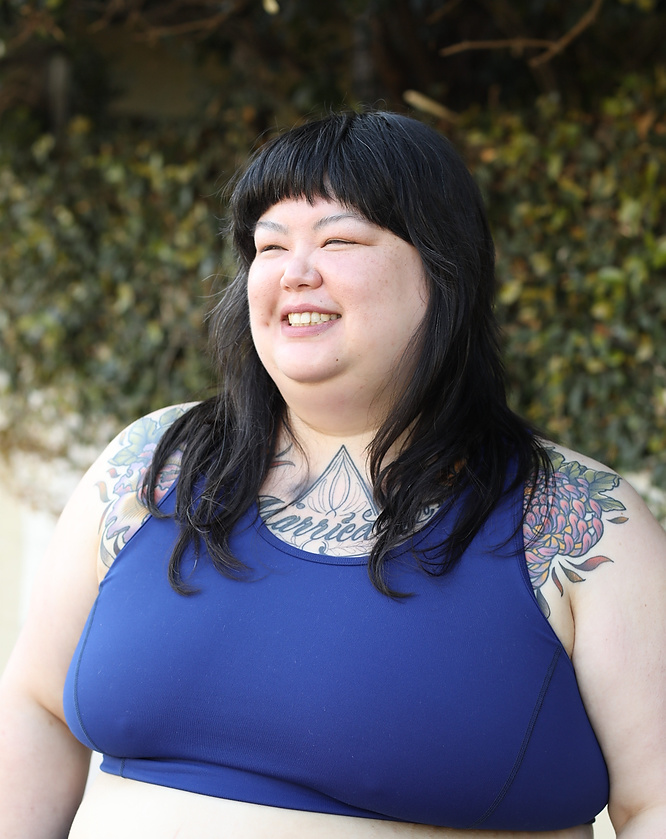
Finally felt understood
“In my experience with coaching I’ve never felt so much like someone understood me and was considering me as a whole human being with ancestral and personal trauma in the mix as well as the standard business issues. I finally feel like I know where I’m going and how I’m going to get there.
It has felt freeing and comforting to be heard and seen by people who understand me in some really core ways. I don’t have this kind of community in the rest of my life, so this time and space together has felt like a balm during a stressful and tumultuous time in my life..”
radicalbodylove.com
Get to know your coach
I’m a Japanese/Chinese-American Yonsei descendant of JA’s who were unjustly mass incarcerated by the U.S. government during WWII at Amache, Poston and Tule Lake simply for having the “face of the enemy.” Growing up my family didn’t talk about what happened. Silence and assimilation kept us “safe” but left lasting imprints of intergenerational trauma. Part of my healing journey includes divesting from my “model minority” conditioning and learning how to use my voice and take a stand.
As a kid, even though I was surrounded by Japanese Americans, I didn’t go to J-school, never learned taiko or bon dancing and only went to Buddhist temples for elders’ funerals (but, hey, at least I pounded mochi at New Years 🍡😋😉 and knew how to fold an origami crane!). When I was in my late 20s I created a handmade collage book of my grandfather’s WWII story based on an interview he did about a decade earlier with the L.A. Department of Water and Power (he was the first JA to be employed by the LA DWP in 1928 as a Junior Topographical Draftsman). This precious little book marked my first deeper personal exploration into my family history. In my mid-40s, my extended family hosted a gathering where the Sansei finally shared stories of their wartime experiences. I’m grateful we had a chance to hear about what they and their parents went through (even though it was more facts than feelings). Over the years, I’ve been on my trauma healing journey and learning more about the incarceration and the impacts to my family.
A turning point for me was attending the first Kinstugi gathering in 2024 for JA’s focused on intergenerational trauma and repair where I got to connect with fellow seekers on this journey of healing from the legacy of the incarceration. There, I participated in Healing Circles where we shared stories of our pain and longings ❤️🩹, our joy and gratitude ✨. Later, I even trained to become a Healing Circle facilitator myself for Tsuru for Solidarity and I feel so honored to hold space for folks in that community.
Feeling more resourced and connected after meeting with folks from Nikkei Rising earlier this year, I mustered up the courage to attend my first memorial pilgrimage in 2025 to Amache where my mom and her family were incarcerated. I’m also currently working through my family’s WRA case files to help make sense of what my ancestors went through and plan to make the pilgrimage to Tule Lake in 2026.
I’m by no means an expert and I’m still on my journey of learning, healing and growing (it’s life-long!). And while every person’s path is unique, I hope by sharing my personal experiences and knowledge of intergenerational healing and reclamation, I can help make your quest a little easier.
I’m passionate about supporting Asian/BIPOC and other marginalized folks to live embodied, authentic and liberated lives on their terms. I’ve been coaching for 22 years and I’m a certified Co-Active Coach, Certified Trauma Care Practitioner, NARM-Informed Professional and a Somatic Experiencing® Practitioner. 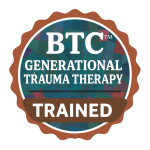
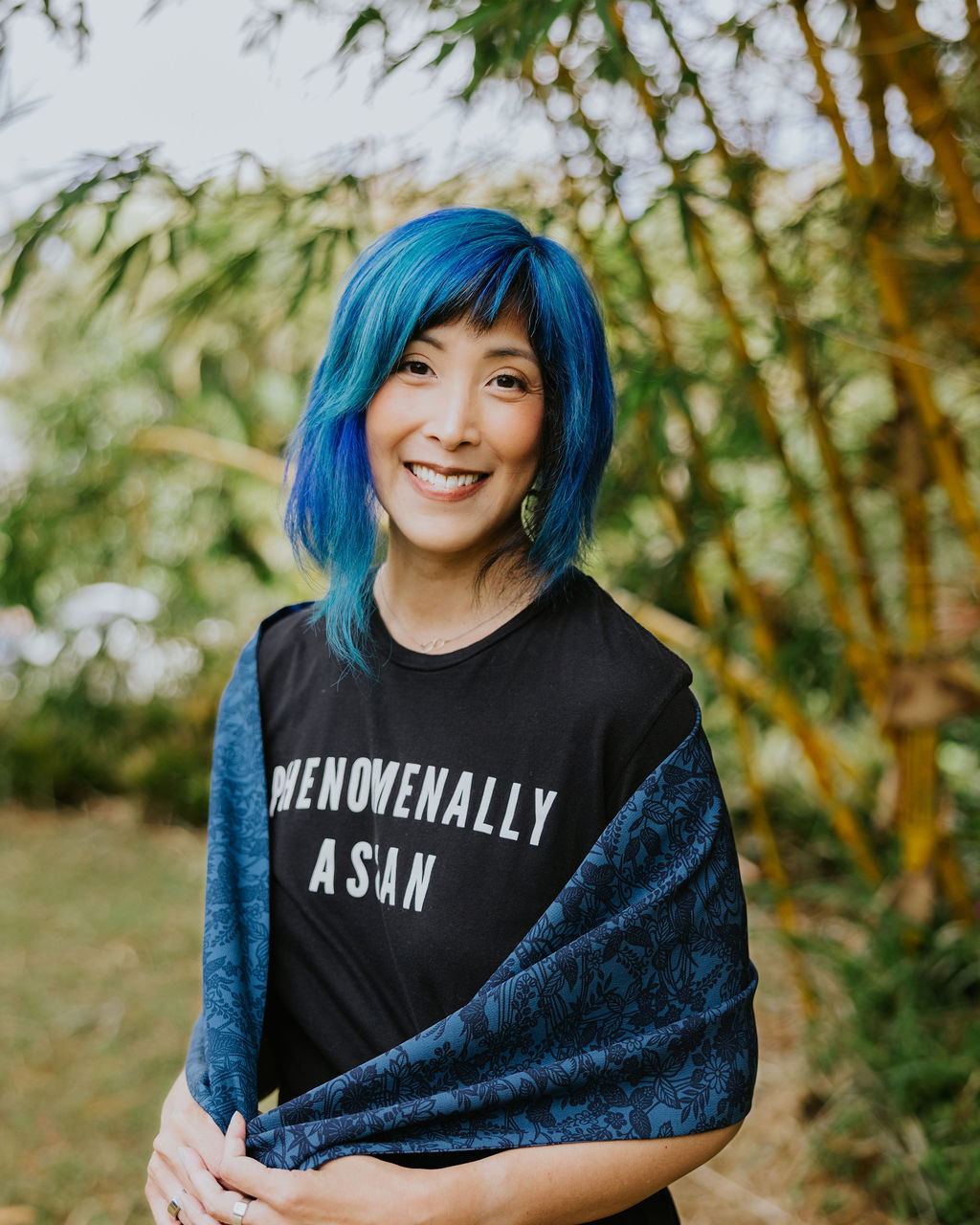
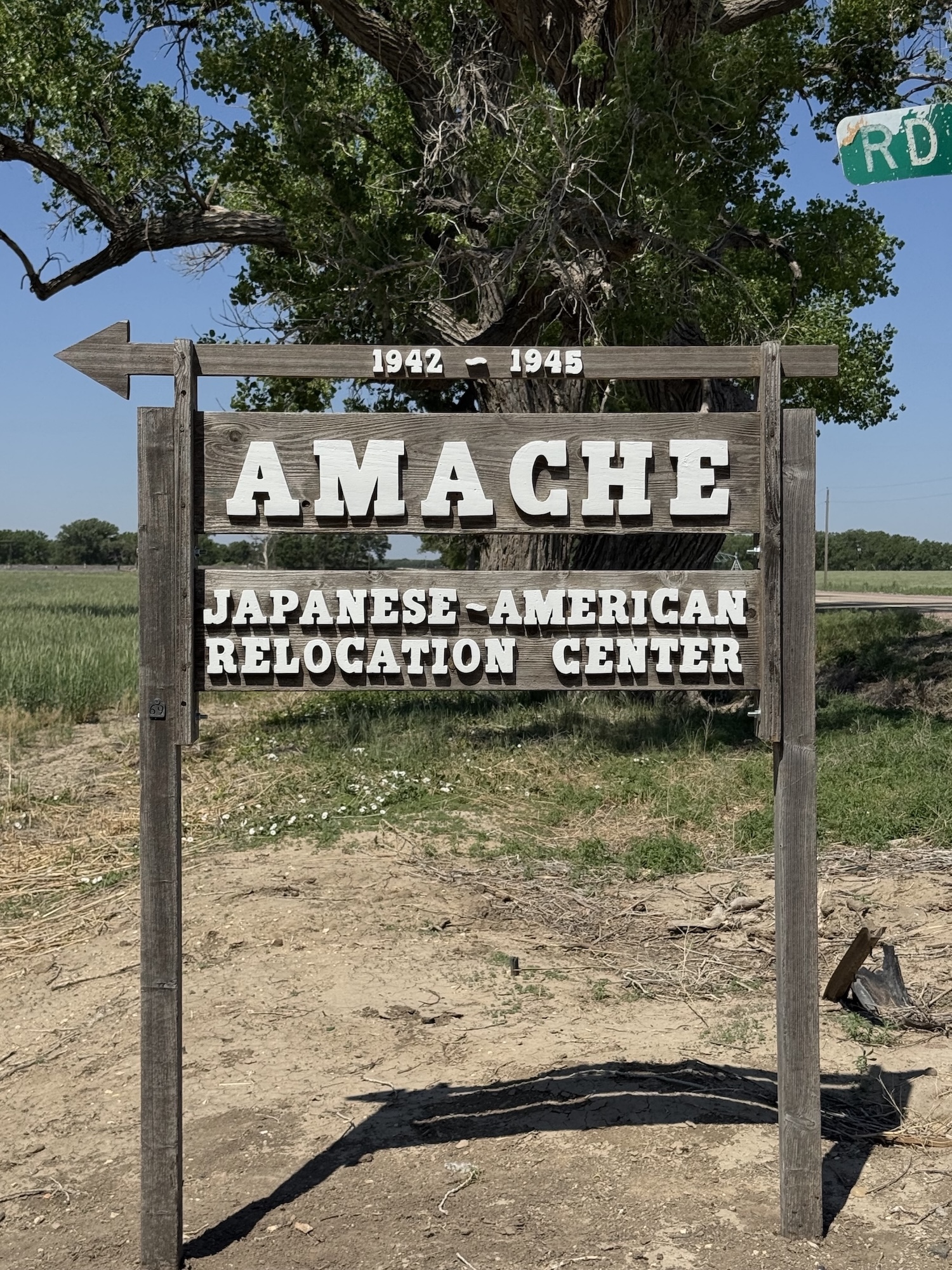
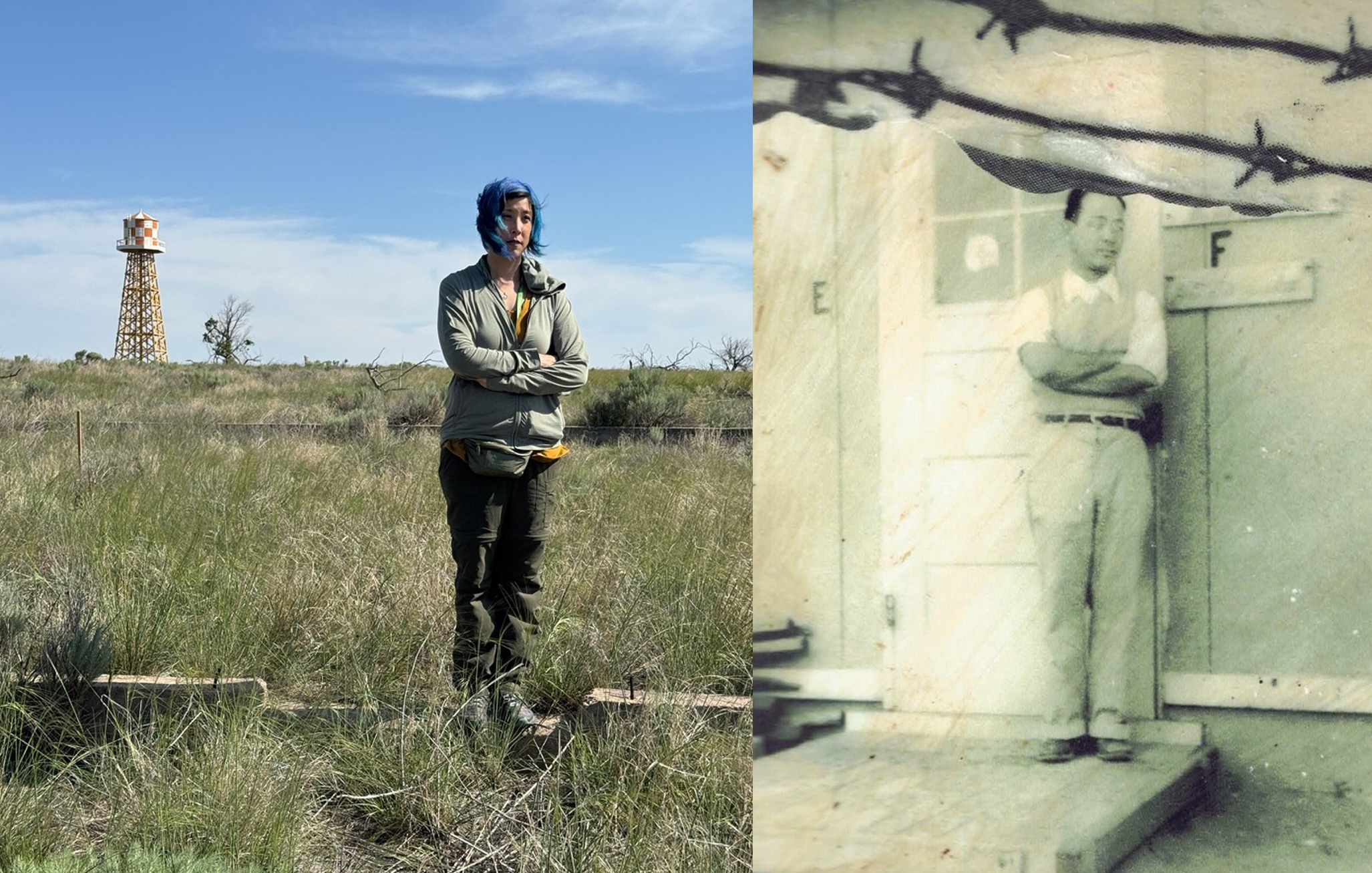
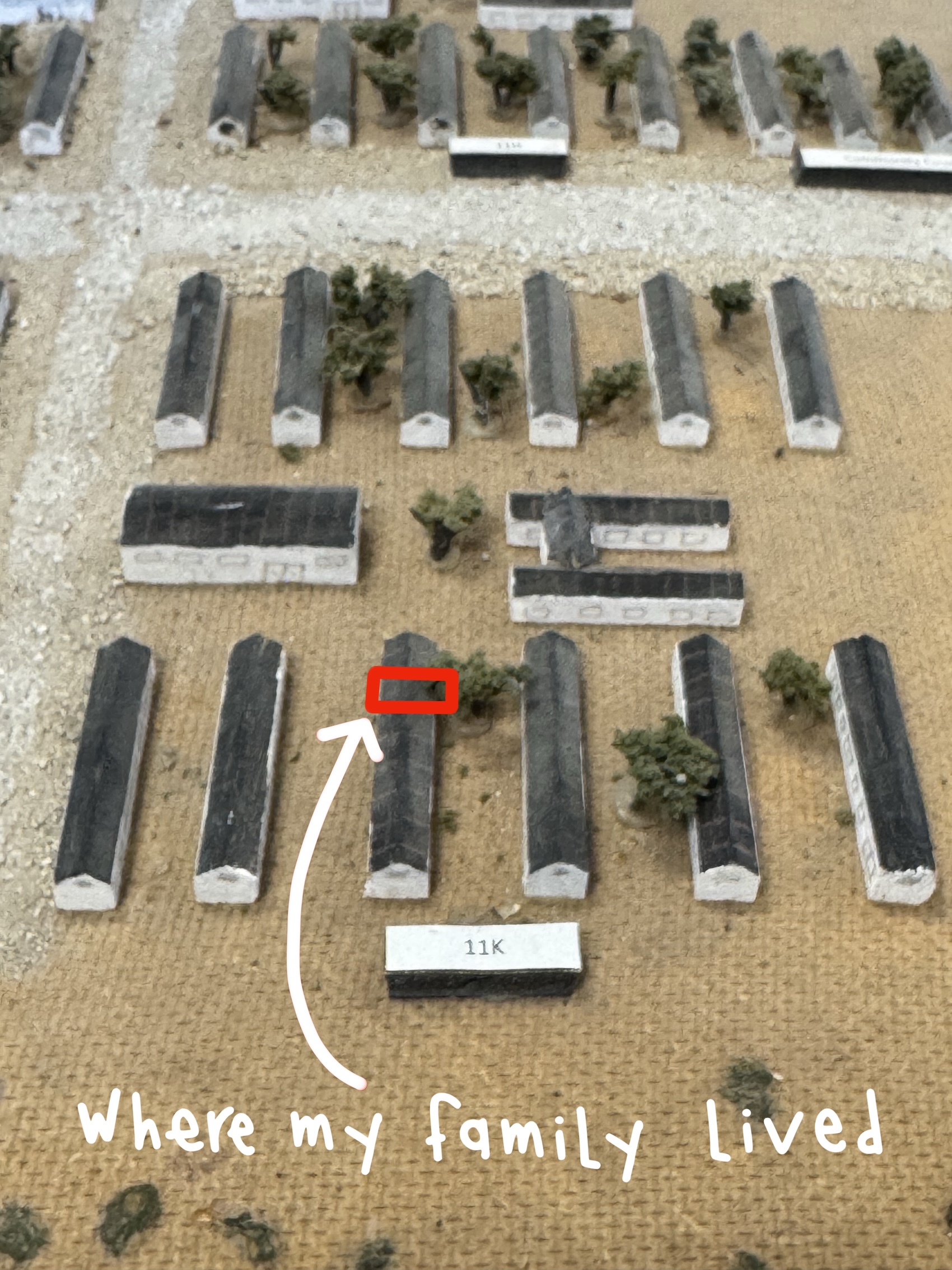

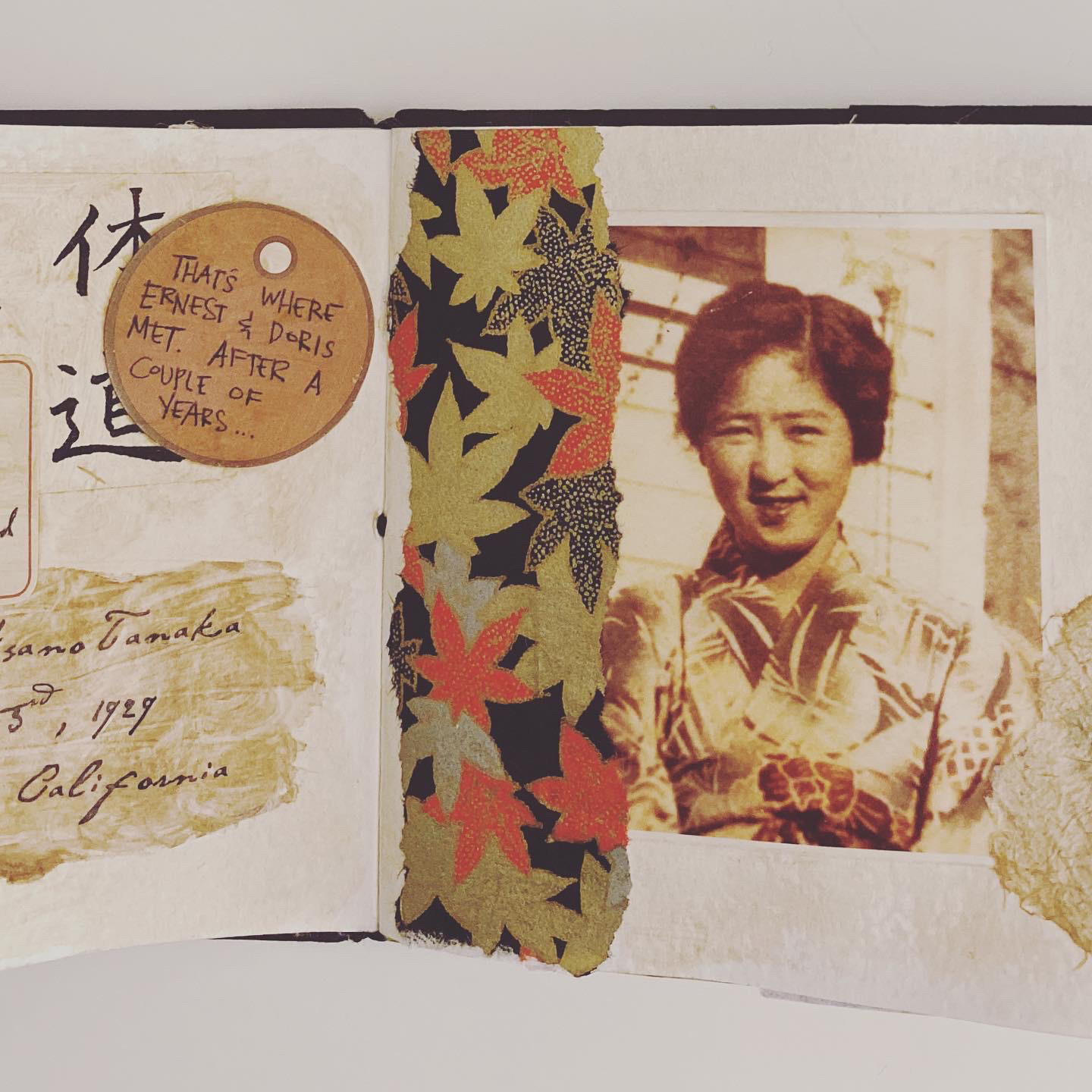

Equity Tiered Pricing
Please mindfully consider your level of class privilege/access to resources and choose the price option that best aligns with your circumstances and ability to pay.
HAVE MORE THAN ENOUGH: You have class privilege and access to disposable income and/or generational wealth.
By investing at the HAVE MORE THAN ENOUGH level you help bridge the gap for clients with less access to money/resources and you’re helping to sustain Jenn’s work. For every client at this level, Jenn is able to take on an additional client at the Supported level.
You own your home(s) 🏡 or choose to rent and are able to consistently make payments.
You’re able to save for retirement, have various investments 🏦💰📈 and are able to manage any debt you may have.
You’re able to easily enjoy a nice vacation or two a year ✈️🚢🧳🏖️, retreats🏞️, trainings 👩🏻🏫📚, workshops or private lessons. You’re easily able to afford your self-care practices of choice 💆🏻♀️🧖🏻♀️🧘🏻♀️💅🏼.
You’re able to regularly donate to causes that are important to you and may even have a giving plan 💰💝.
You and/or your family/ancestors benefited financially 💵📈 from assimilation 👘➡️👗➕ 🍙➡️🍔 and/or adjacency to whiteness ⚪.
$5500
HAVE ENOUGH: You have steady, reliable income.
By investing at the level you’re paying a fair rate and helping Jenn to meet her costs.
You’re able to pay your mortgage 🏠 or rent, meet your expenses including unexpected ones and have some savings💰.
You and your household are able to enjoy some extras like an annual vacation 🧳, hobbies 🎨 or massages and simple pleasures such as Netflix, buying your daily matcha 🍵 or boba🧋😉 and/or occasionally eating out 🍣 or going to the movies🍿.
You donate to causes that are important to you when you can 🫶🏼💝.
$3500
SUPPORTED: You’re under-resourced and don’t have access to steady income and/or generational wealth.
If the suggested Supported rate doesn’t work for you, please reach out to me at hello @ jenniferayakolee.com and let’s discuss.
You’re living paycheck to paycheck 💸📉, you can run into challenges making rent or covering unexpected expenses like repairs 🛠️, medical bills 🏥, etc. Your job or job prospects may be unstable 🎢.
You’re unable to consistently save and/or you’re carrying lots of debt 💸💳.
You might rely on public transportation 🚏🚇 or may have an unreliable vehicle or are sometimes stretched to buy gas 🚫⛽.
You’re not able to fall back on financial support from family if you’re in a pinch so you may look to mutual aid ❤️🩹instead.
$1050
Any Questions?
What if I’m Japanese in the diaspora and am not American?
This program is for anyone in the Japanese diaspora who is a descendant of WWII Nikkei incarcerees. While I’m more versed in the Japanese American history, I’m committed to learning more about Nikkei WWII experiences in Canada, Latin America, Australia and other places to support you in the process.
I’m bi-racial or multiracial. Would this be for me?
Yes. If you identify as Japanese diaspora or part-Japanese, you can benefit from this. I’d love to work with you! We can explore your mixed identity (and the complexities of those different intersections and levels of privilege) and other aspects of your bi-racial/multiracial experience.
What’s the Model Minority Myth and why is it harmful? I thought being referred to as the ‘model’ was considered a compliment.
The Model Minority Myth was first used to describe Japanese Americans after WWII. It falsely claims that if Asians can achieve financial and educational success through hard work and discipline, then other minorities who aren’t doing as well only have themselves to blame because they must doing something wrong. We’re not being complimented; we’re being used as a pawn to keep other BIPOC down! This antagonistic narrative was created and popularized by dominant White culture during the 1960’s in response to the perceived “threat” of the civil rights movement. It ignores systems of oppression that deliberately disadvantage Black communities while it denies the full picture of the Asian-American/Asian immigrant experience and, among many other things, lumps all Asians together as prosperous despite some Asian-American populations living in high poverty levels. While Asians may sometimes receive a conditional “Honorary White” label, we are also perceived as forever foreigners who aren’t fully accepted by or represented in the dominant culture. The myth pigeonholes Asians as studious, industrious, computer geeks, dutiful, docile, etc. and stereotypes Black communities as being lazy, unintelligent, flawed, criminal, etc. by comparison. When we, as Asians, overlook this devastating dynamic and unconsciously or willingly benefit from it, we unfortunately perpetuate anti-Blackness and systems of oppression (and I doubt you want to do that!). Let’s help ourselves and our BIPOC siblings break free! For more in-depth and nuanced explorations, do a search on “Model Minority Myth” or check out the books The Myth of the Model Minority by Rosalind S. Chou and Joe R. Feagin, Minor Feelings by Cathy Park Hong, or Yellow by Frank Wu.
My Japanese family wasn’t incarcerated during WWII. Would I get something out of this program?
Yes! Even if your family wasn’t incarcerated during WWII, you may still want to work through aspects of Nikkei model minority conditioning, unpacking the ways you hold privilege and are oppressed, culturally-specific intergenerational trauma and healing, and/or ways to use your voice to make sure what happened in our broader Nikkei community isn’t repeated.
I’m not Nikkei (of Japanese ancestry), but this sounds amazing. Can I join?
This offering is specifically for Nikkei descendants and is culturally relevant to our lived experience being in the Japanese diaspora. If you’re Asian, consider my Color Outside the Lines program or if you’re BIPOC please consider my 1:1 somatic coaching offerings or the waitlist for BIPOC affinity group coaching.
I’m not Yonsei, can I still do this work with you?
Yes! If you’re Sansei or Gosei, we can explore the ways in which the incarceration impacts you.
I don’t consider myself an activist and/or I don’t want to go on a pilgrimage, is this still right for me?
Yes! You don’t need to be an activist or want to be an activist to benefit from this program. You also don’t need to or want to go on a pilgrimage or to research your family’s incarceration history. There may still be aspects of your Nikkei identity that you want to have more clarity on and/or you may be longing for culturally relevant support around how to live in alignment with your own values while still honoring where you’ve come from.
Will there be any options for group coaching?
While this program is an individual coaching program to give you tailored, intensive 1:1 support, in the future when there is enough interest for a collective healing component, I’d welcome including an option for group coaching. If you are interested in a group coaching add-on, please let me know. Also, if you have any Nikkei friends or loved ones who may want to participate in a group with you please let me know. The minimum size for a group is 3 but 5-6 is more ideal.
Who can I contact if I have more questions?
You can send an email to Jenn at hello @ jenniferayakolee.com or use the Contact form on this site. Thanks.
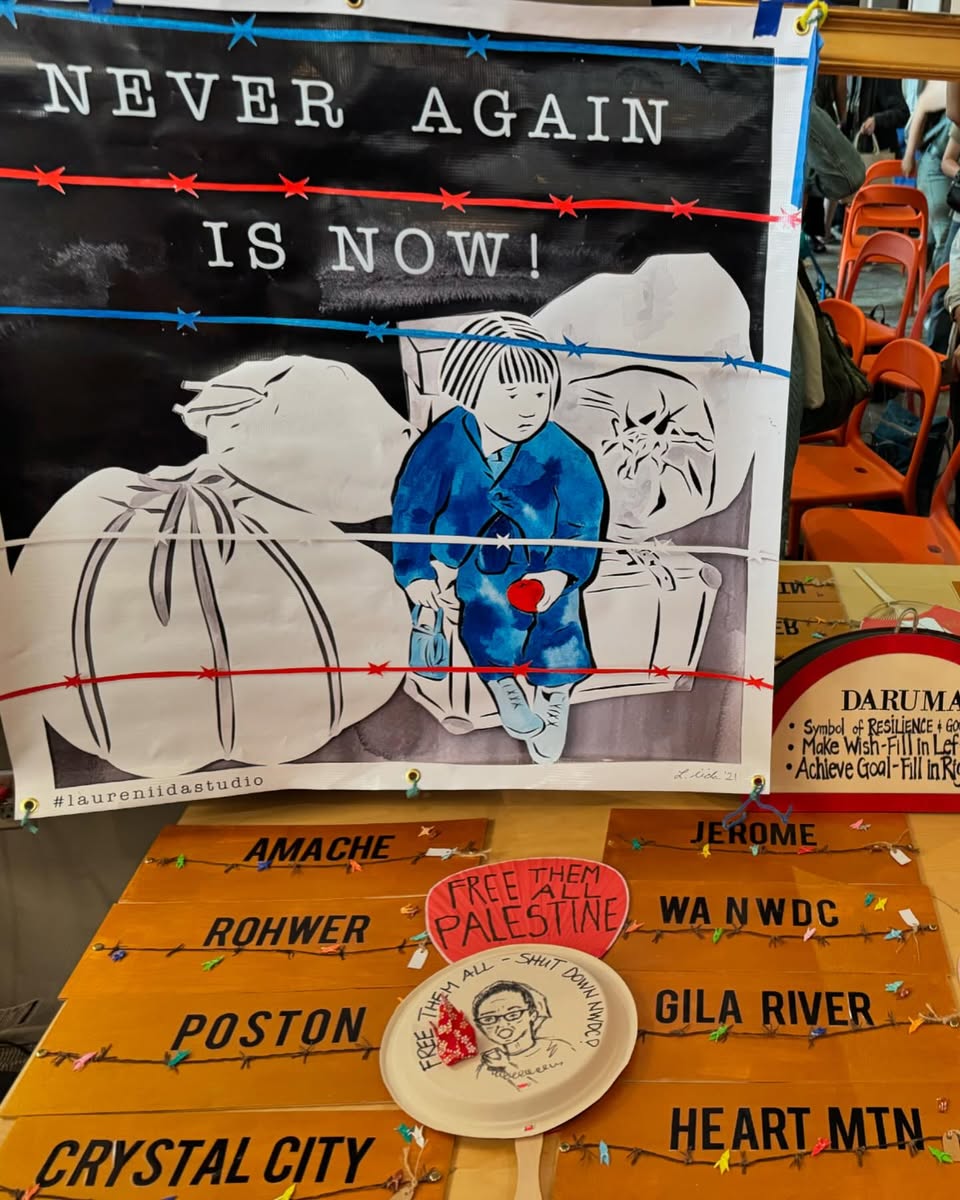
Ready to break the cycle
and build your legacy?
Thankfully, we have access to community, information, resources and tools now that our parents and grandparents didn’t.
But history is repeating itself and will continue to if our individual and collective traumas aren’t healed. This work doesn’t happen alone. I’d love to help you:
Learn from the courage of your ancestors and the gifts of your lineage
Transform the legacy of trauma and incarceration into resilience, strength and growth
Reclaim or deepen your sense of Nikkei identity, live in alignment with your truth and make a meaningful difference
I can’t wait to work with you!



